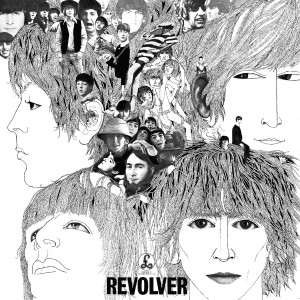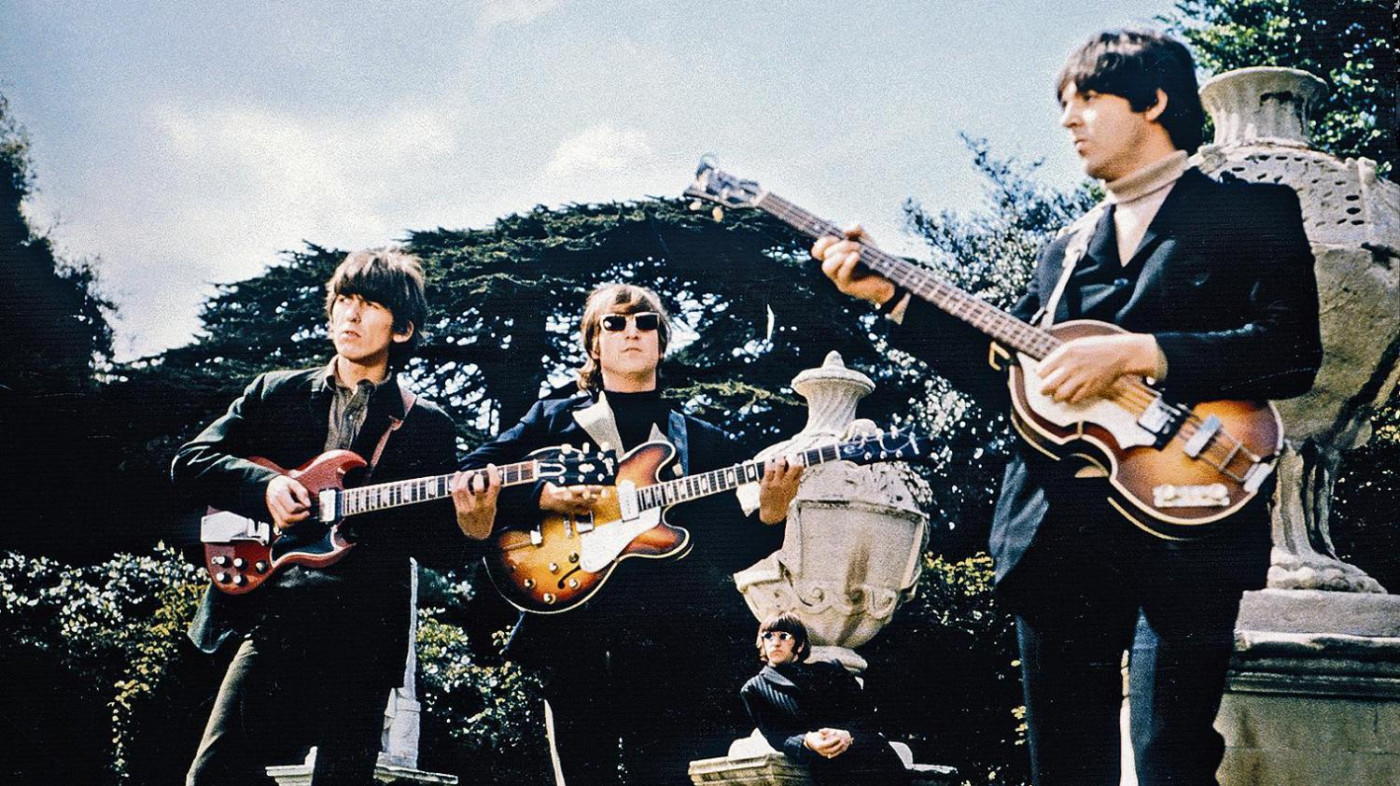Initially released in 1966, Revolver was left untouched until the last few decades. We've now been blessed with digital CD remasters in 2009, a digital stereo remix in 2012, a digital mono remix in 2014, and now in 2022, a "Super Deluxe" remix and expanded edition.
Revolver


The Beatles’ Revolver
Like my dismissal of ABBA, growing up with my parents’ Radio 2, I long dismissed The Beatles as a cheesy 60s pop band for old people.
Two things changed my mind: my friend David Jenner urged me not to dismiss them, and I randomly watched the Sgt Pepper’s Musical Revolution with Howard Goodall documentary.
Following the documentary, I went straight for Sgt Pepper as my entry point, widely considered their best and most experimental album. I fell in love immediately, and outside of their well-known singles, I was pretty shocked at how forward-looking their music was. It was 1967; you need to keep telling yourself. Over 50 years ago. Everything else was crap in the 1960s.
I gave Revolver a cursory listen but dismissed it as a lesser Sgt Pepper. NO! – David kept telling me. Well, in the end, he was right.
To this day, I still love Sgt Pepper’s. But Revolver simply has a better run of songs. It’s a near-perfect but masterful blend of experimental pop. I know this because occasionally, I’ll stick on “Tomorrow Never Knows” in the car with my parents. Not only have they never heard it, but they think it’s awful. The Beatles experimenting in 1966 is too modern for my parents in 2022. But they love Yellow Submarine. Incidentally, Tomorrow Never Knows is one of my favourite songs, and I'll happily skip Yellow Submarine.
Revolver is hailed as The Beatles’ revolution. It was the first album they made after they stopped playing live and wanted to experiment in the studio. If you listen to it in the present day, it doesn’t sound “revolutionary” at all. It does, however, sound FRESH. The only way I can understand its revolution is to try and listen to anything previous to Revolver. I can’t. Anything The Beatles made prior sounds like 1960s-cheesy-pop-for-old-people to me.
Revolver 2022
Listening to remastered music very much reminds me of playing remastered video games—they feel just like how you remembered them. That is until you experience them side-by-side and realise how lovingly the source material has been updated.
It’s the same deal with Revolver. If you’ve not listened to it in the past week and stick on the 2022 edition, you’ll probably think it sounds just fine. But put it next to the digital mixes from the 2010s, and it’s pretty astounding.
So what’s different? The core album is undoubtedly crisper and clearer – particularly noticeable for me are the drums on Taxman, which almost sound modern now.
My favourite thing about the remasters, though, is the legacy behind them. They’ve been remastered by Giles Martin, son of George Martin—the Beatles’ original music producer (also known as the “Fifth Beatle”). Amusingly, Giles Martin grew up without much awareness of The Beatles, and was discouraged by his father from pursuing a career in music lest the inevitable comparisons should be made between father and son.
I have to say, with these critically acclaimed remasters (Sgt Pepper was remastered in 2017 to similar fanfare), he’s doing fine in his father’s shadow.
The most consistent and enjoyable Beatles album sounds fresher than ever thanks to Giles Martin—the sixth Beatle?
